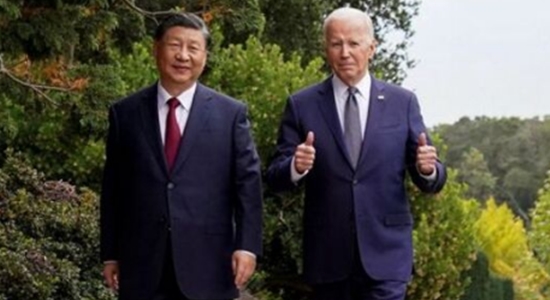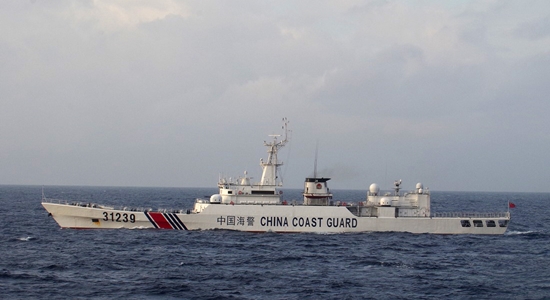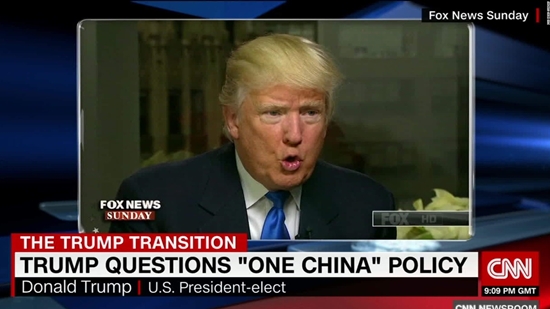
Australian citizen Cheng Lei has been released and returned home after nearly 3 years in Chinese custody, after being the victim of “hostage diplomacy.” Cheng’s arrest and detention reflects several aspects of corrupt Chinese system that denies individuals their natural rights and treats them as political assets to used or disposed of as needed.
In this case, it appears that Cheng may have been taken as a hostage in retribution for Australia’s criticism of China’s handling and coverup of the Covid outbreak. NPR outlines Cheng Lei’s story:
Cheng was born in China but emigrated to Australia at a young age. She spent years as a reporter covering China for both foreign and domestic audiences and was working as an anchor for the international wing of the Chinese state broadcaster CCTV when she was suddenly detained in 2020….
Cheng’s arrest came at a time when Australia-China relations were in a deep freeze, in part over Australia’s condemnation of a global coronavirus pandemic it alleged China had done too little to stop….
Chinese authorities alleged that Cheng had been detained because she passed on classified information about China’s economy to foreign entities. Her trial last year was conducted behind closed doors, and Australia’s ambassador and other diplomats were barred from attending.
Feng and Ruwitch. Oct 11, 2023. NPR
The charge of stealing state secrets itself is questionable since much of what would be publicly available in other countries is censored in China: everything that is not explicitly put out by Chinese state media could be considered a “secret”. In addition, to official coverups, such as with the origins of Covid and the concentration camps in Xinjiang, unflattering talk in general is verboten. The banning of the Clubhouse app is an example preventing any uncontrolled discussions from taking place.
The “trial” also provides no truth value to charges against Cheng. As NPR’s Graham Fletcher commented about his attempt to cover the the trial, “…we’ve just been denied entry into the trial. This is deeply concerning, unsatisfactory and regrettable. We can have no confidence in the validity of a process which is conducted in secret.” Arbitrary charges based on political interest are more likely when there is no process that checks prosecutorial misconduct, and Chinese Communist trials are confirmatory rubber stamps rather than a check and balance.
Similar to the manner of terrorists or criminal elements that use hostages for ransom, China appears to trump up charges in order to pressure the person’s home country into a policy or attitude change, or to get its own citizens released. According to a New York Times article on the subject, “hostage diplomacy” is nothing new and we’ve recently seen it used by the criminal regime in Russia and the Islamo-fascist mullahs of Iran to extract concessions from the United States.
As the NYT article suggests, the hostage taker may bear costs from this kind of activity: in damage to their reputations, and of course reprisals from other governments. From discussions on social media among business people, it is clear that those who travel to China are concerned about their safety and freedom and some are reducing their physical presence in Chinese territory. Of course, if the Chinese Communists are able to continue to grow as a dominant force in the global economy and as a political superpower, it will be harder and harder to avoid the manipulations of the Chinazi hands.










